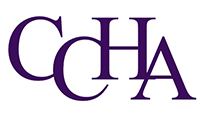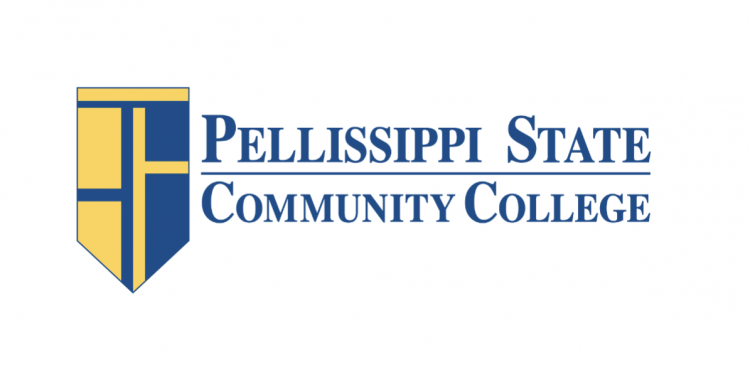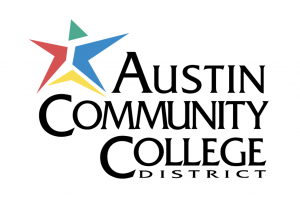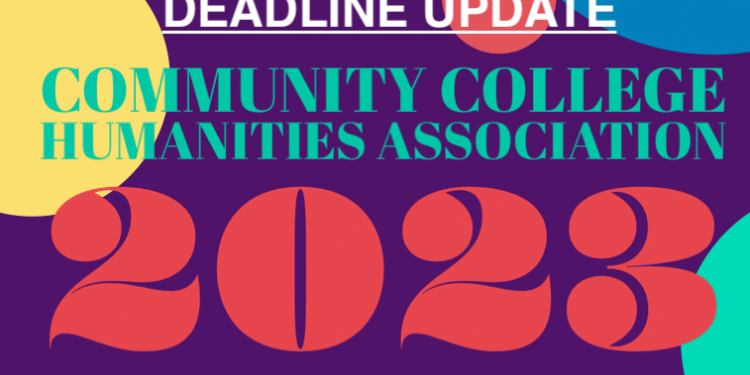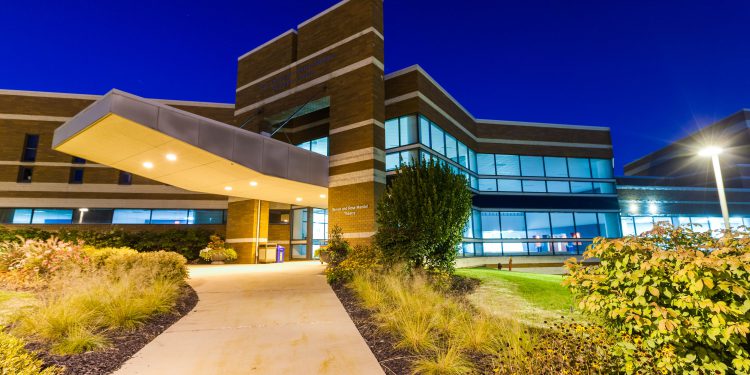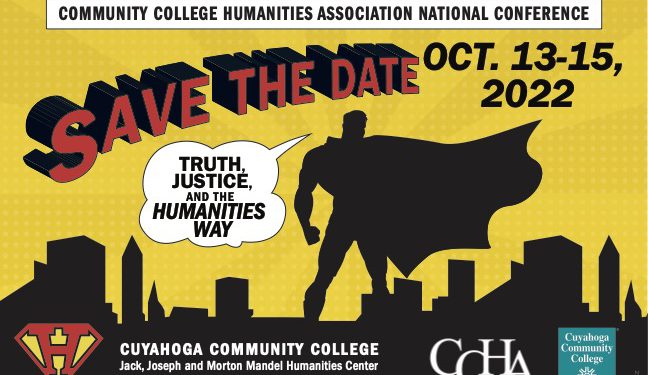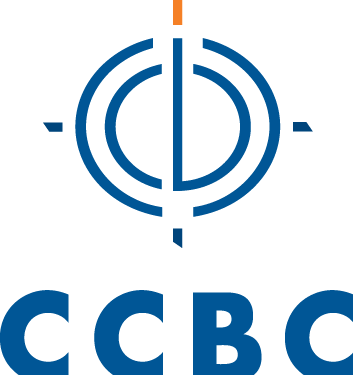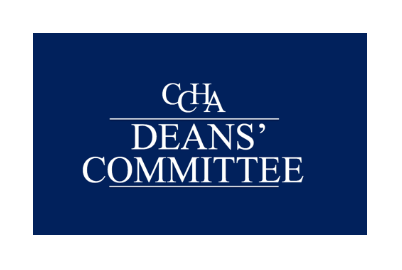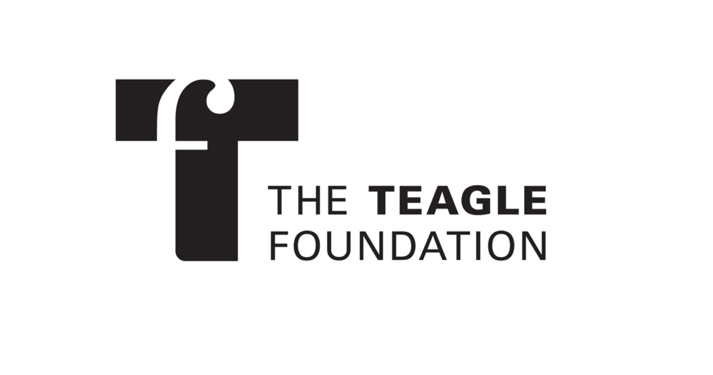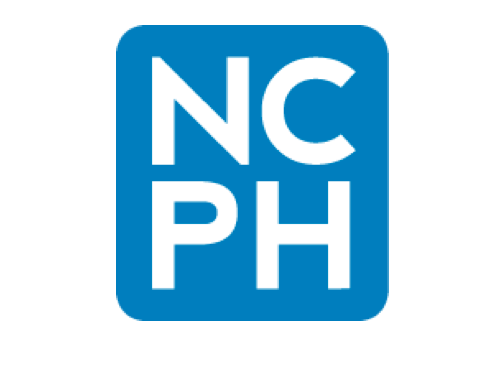From the NHA:
NHA Lauds Latest Round of NEH Grants
WASHINGTON, D.C. – The National Humanities Alliance released the following statement today from its Executive Director Stephen Kidd on the January announcement of $33.8 million in grants from the National Endowment for the Humanities to support 260 humanities projects nationwide:
“As part of the American Tapestry: Weaving Together Past, Present, and Future initiative, the National Endowment for the Humanities (NEH) will support 28 small and mid-sized cultural organizations in underserved communities in strengthening their public humanities programming through its newest grant line, Public Impact Projects at Smaller Organizations. Preservation and Access Education and Training Grants will help further conservation training across the country to ensure effective stewardship of humanities collections. More than 100 NEH Fellowships and Awards for Faculty will support humanities research at higher education institutions throughout the U.S. And 30 Infrastructure and Capacity Building Challenge grants will encourage local investment as organizations work to sustain and bolster humanities infrastructure.”
“We are immensely proud of the NEH’s impact across the U.S. and will continue advocating for increased federal support for future grants in 2024 and beyond.”
####
| Institution/Organization | FirstName | LastName | Title | Description | Outright | Matching |
| Georgia State University Research Foundation, Inc. | Kathryn | Crowther | Discovering Where We Are: Place-Based Experiential Learning on Two-Year Commuter Campuses | A three-year project to create experiential learning courses and community-based student projects at a two-year college. | $150,000 | $0 |
| De Anza Community College | Lori | Clinchard | Voices of Silicon Valley: Using Heritage Discourse to Counteract Placelessness and Build Belonging | A three-year oral history project on the history of Silicon Valley. | $150,000 | $0 |
| Delaware County Community College | Ife | Williams | Mapping Resistance of Africans and African Descendants to Colonialism and Segregation, 1945-1990 | A 15-month project to create curricular materials on resistance of Africans and African descendants to segregation and colonialism in the late twentieth century. | $150,000 | $0 |
| Miami Dade College North Campus | Jose | Vazquez | Going Overtown Digital Project for Miami | Planning an immersive virtual reality experience and a website examining the history of vanished African American neighborhoods of Miami. | $30,000 | $0 |
| CUNY Research Foundation, Queensborough Community College | Agnieszka | Tuszynska | “A Damn Hard Fight”: The Life of Willard Motley | Research and writing for a critical biography of African American novelist Willard Motley (1909–1965). | $60,000 | $0 |
